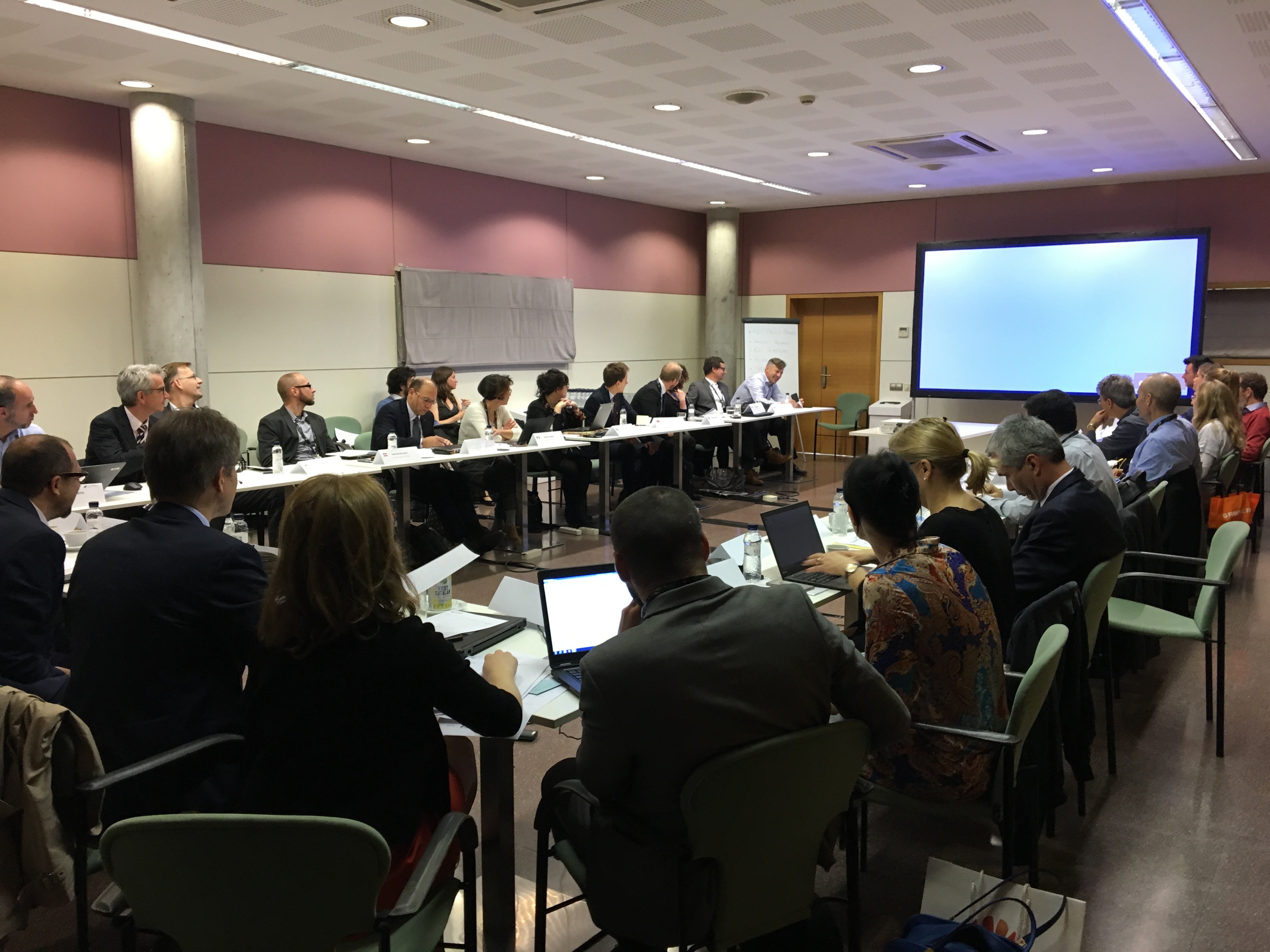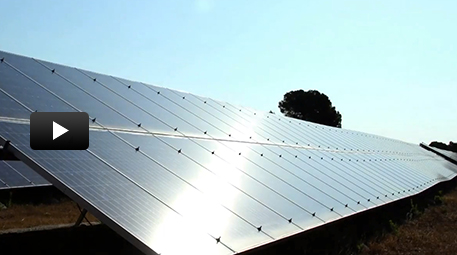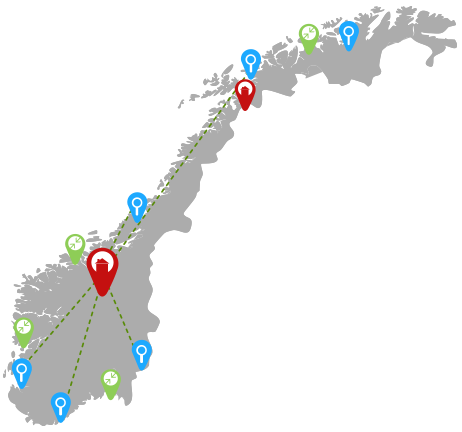On november 15th 2016, 30 representatives of research and innovation (R&I) policy makers, national R&I funding programs, key research facilities, national technology platforms and experts from regulators got together to discuss the establishment of a national stakeholders coordination group for SET-Plan action 4 on Energy Systems and Networks. The Norwegian Smartgrid Centre,in the role of representing a national Research and Innovation platform, participated in the constitutional meeting.
Over the summer the new industrial initiative «Energy Technology and Innovation Platform on Smart Networks for the Energy Transition» (ETIP SNET) became operative, committed to substantially contribute to the implementation of SET-Plan Action 4. Chairman Konstantin Staschus (ENTSO-E Secretary-General) presented the initiative at the constitutional meeting in Barcelona, and Remy Denos from the European Commission gave a status update on the European Strategic Energy Technology Plan (SET-Plan), the technology pillar of the European energy union.
The National Stakeholders Coordination Group on SET-Plan Action 4 (NSCG) shall now become a sounding board and exchange platform for national stakeholders in the area of energy systems and networks. It addresses R&I stakeholders on national level, complementary to the 30 European industry associations forming the ETIP SNET.
The NSCG will enable national stakeholders to actively contribute to the implementation of the SET-Plan Action 4 by exchanging information on activities in member states (e.g. relevant R&I programs and projects) as well as transferring information and knowledge forth and back between the relevant industrial initiatives on the European level – the ETIP(s) – and the stakeholders on national level (implementation roadmaps, etc.).

Michel Hubner. Foto: Grete Coldevin
Intended members of the National Stakeholders Coordination Group are:
- MS representatives and nominated experts (channel to R&I policy makers)
- ERA-Net SG+ steering board members (channel to national and regional R&I programs and projects)
- Members of relevant EERA Joint Programs (channel to key national research institutes and universities)
- National and regional R&I platforms (channel to nat. / regional utilities and industries, incl. SMEs and start-ups)
- Experts from regulators (nominated from CEER working groups; channel to national regulators and regulator financed projects)
At the meeting in Barcelona representatives of all addressed stakeholder groups showed interest and initial commitment to the initiative. The proposed concept of the NSCG is built on the idea, that these representatives, forming the «presidium» of the group, will take responsibility to build a communication channel and ac as multipliers to the respective stakeholder subgroup on national level. The NSCG will be facilitated by member states via the joint programming initiative ERA-Net Smart Grids Plus, the ETIP SNET and the European commission via the INTENSYS4EU project.
The European Technology and Innovation Platform “Smart Networks for the Energy Transition” (ETIP SNET)
With the new Integrated SET-Plan, as presented by the European Commission in 2015, the industry initiatives have evolved towards so called “European Technology and Innovation Platforms” (ETIPs) in order to integrate in a single advisory environment all the stakeholders that were involved in the former EIIs (European Industry Initiatives), the Technology Platforms and the European Energy Research Alliance (EERA). Particularly the European Grids Initiative (EGI) together with the Technology Platform for Electricity Networks of the Future (ETP Smart-Grids) have transformed into the European Technology and Innovation Platform Smart Networks for the Energy Transition (ETIP SNET).
During the summer 2016 the platform became operational, gathering industry representatives on a European level from electricity, storage and ICT but also heating, transport and gas. The mission of the platform is to guide research, development and innovation (RD&I) activities to support Europe’s energy transition. The ETIP SNET will set out a vision for research and innovation for smart networks, storage and integrated systems and engage stakeholders in this vision. It will also identify innovation barriers, notably related to regulation and financing.
Del på facebook
Del på linkedIn









